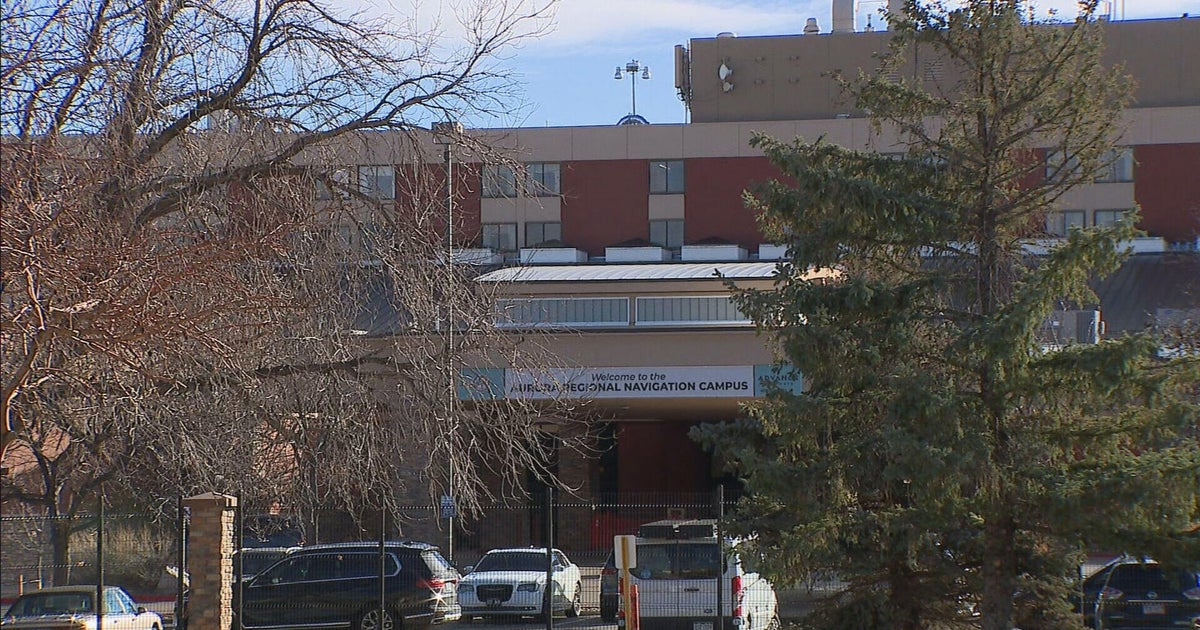After UPenn president's resignation, Wesleyan University president says leaders should speak out against hate
Amid growing concerns about antisemitism on college campuses, Wesleyan University President Michael Roth told "CBS Mornings" that a crucial role of university presidents is to actively speak out against hate speech and to foster a culture of respect and tolerance.
His comments come after three college presidents were strongly criticized for their testimony to a House committee last week about hate speech and antisemitism on campus since the start of the Israel-Hamas war. University of Pennsylvania President Liz Magill resigned Saturday amid the uproar.
During last week's hearing, Rep. Elise Stefanik, a Republican from New York, asked Magill if calling for the "genocide of Jews" violates UPenn's rules. Magill said it could be harassment if the speech turned into conduct and that it depended on the context. The presidents of Harvard University and MIT gave similar answers.
On "CBS Mornings" Monday, Roth said that the right answer to the question is clear: "You should punish them because they've broken the rules, they've made it impossible for lots of other people to learn on your campus. That's intolerable," he said.
Asked about their responses at the hearing, Roth said, "they gave a lawyerly response that sounded totally coached."
But Roth said that as a fellow university president, he hopes the Harvard and MIT leaders who testified at the hearing don't lose their jobs.
"They would then be subject to these outside forces, the Republican congresswoman on the one hand but also these big donors who are trying to throw their weight around," Roth said. "And I think that's not good for the long-range health of these schools."
Roth said that the decision about whether the presidents keep their jobs should take into account their overall performance.
"To me, it's extraordinary that so much attention is being given to whether the presidents will resign or be fired. I mean, it's not the least important job in America, but it's not the most important," he said.
Roth, whose university is in Middletown, Conn., also said he believes that antisemitism is not as big a problem on college campuses as it is in other places around the country.
He said he's committed to the importance of exposing students to a wide range of viewpoints, including religious and conservative perspectives, to foster a rich learning environment, and that part of the solution involves hiring a diverse range of faculty members.
"I think we should be very suspicious when people at a university or anywhere else hire folks that look a lot like them. That's a mark of bias, or at least potentially so," he said.
Roth added, "If our colleges do become bubbles, if they do become bastions of prejudice, no one will learn very much at all."



